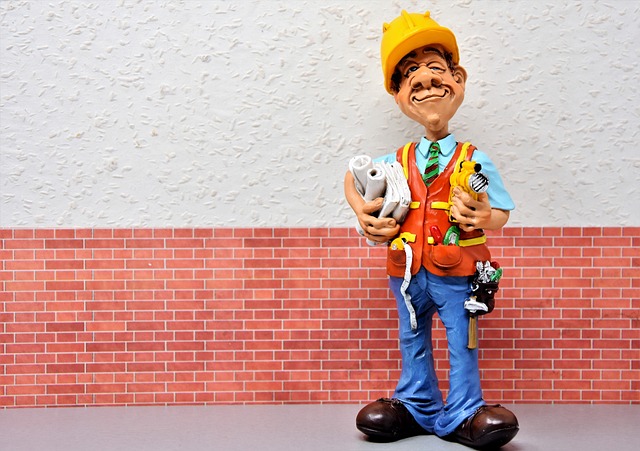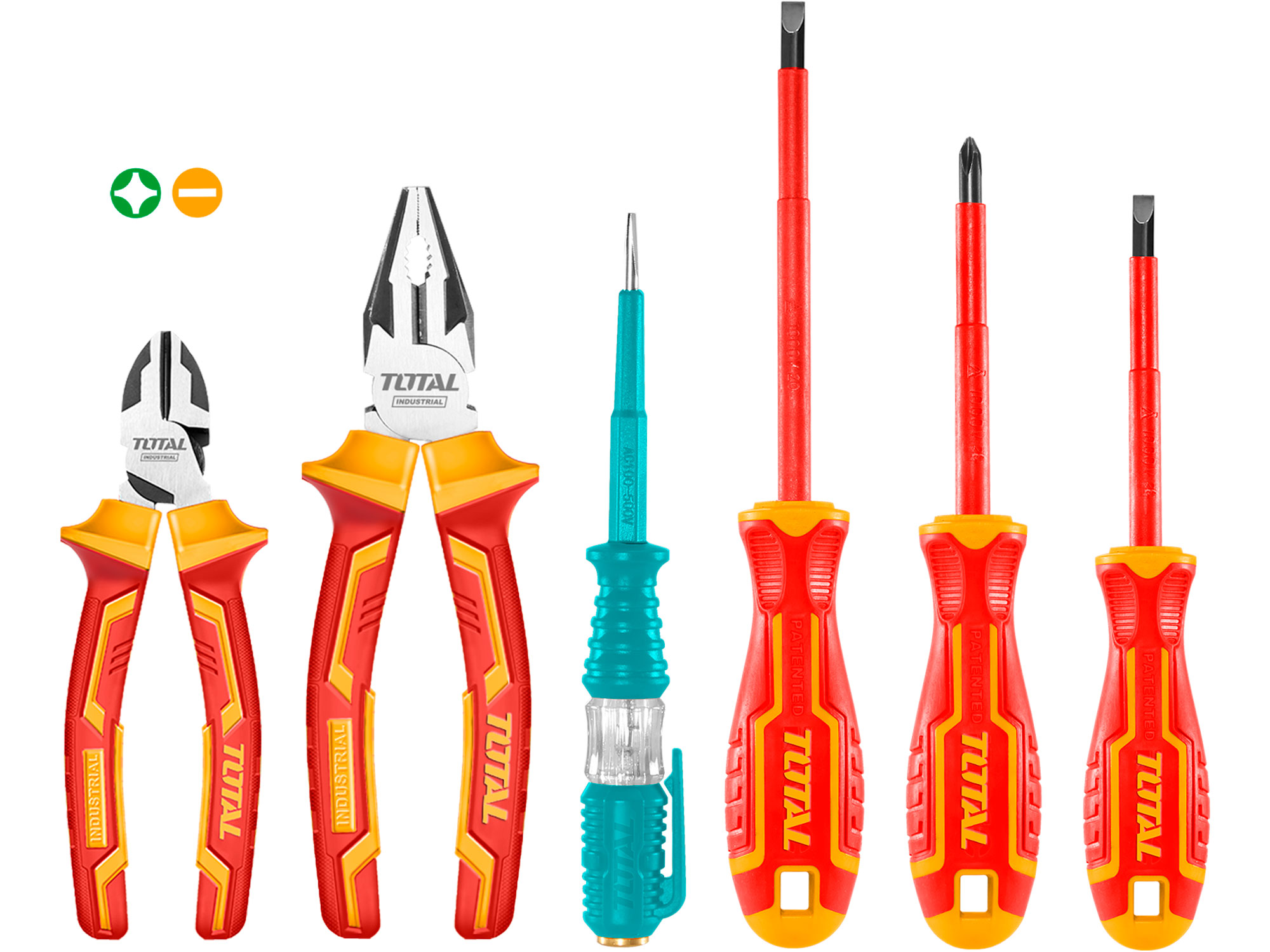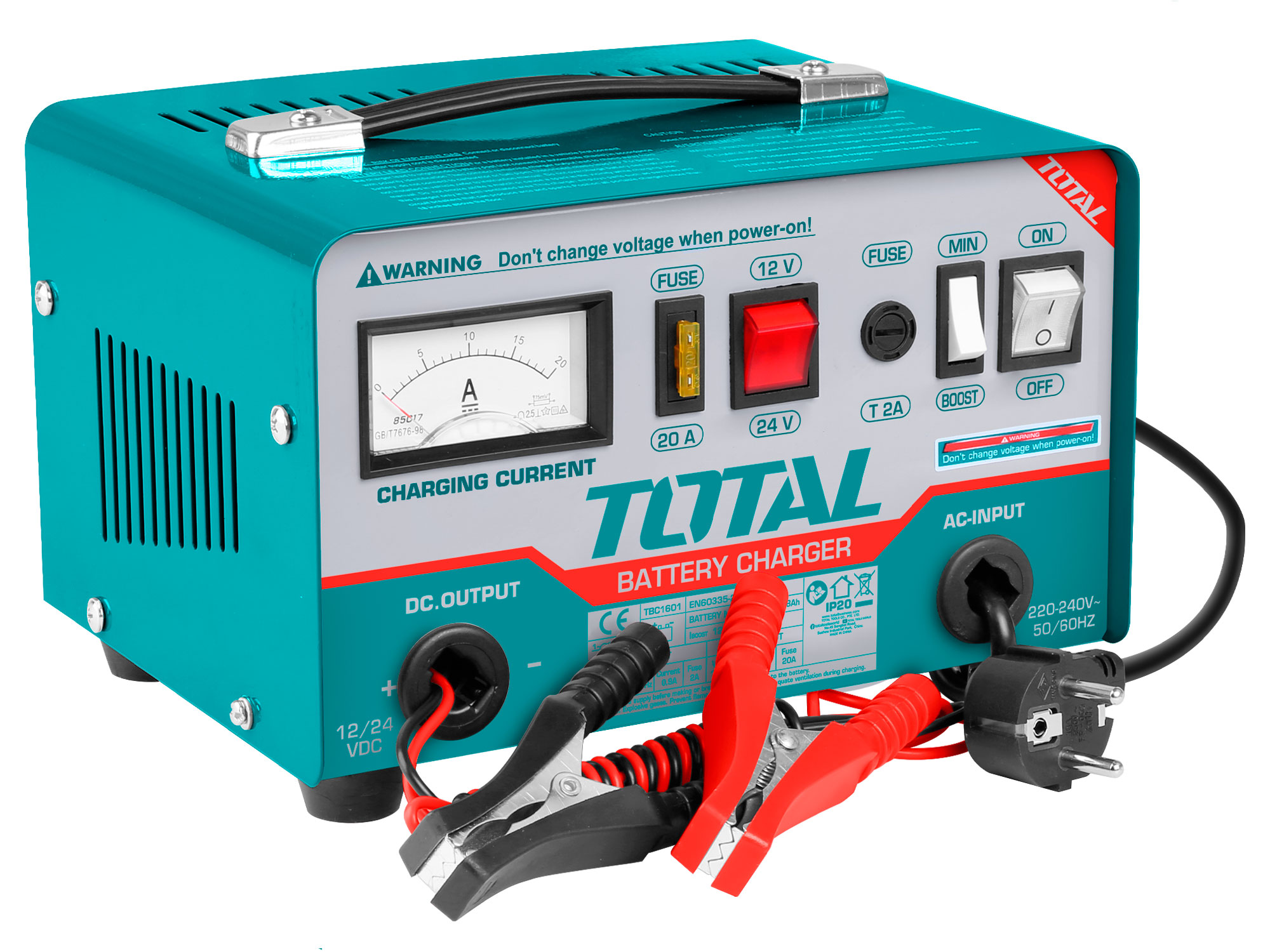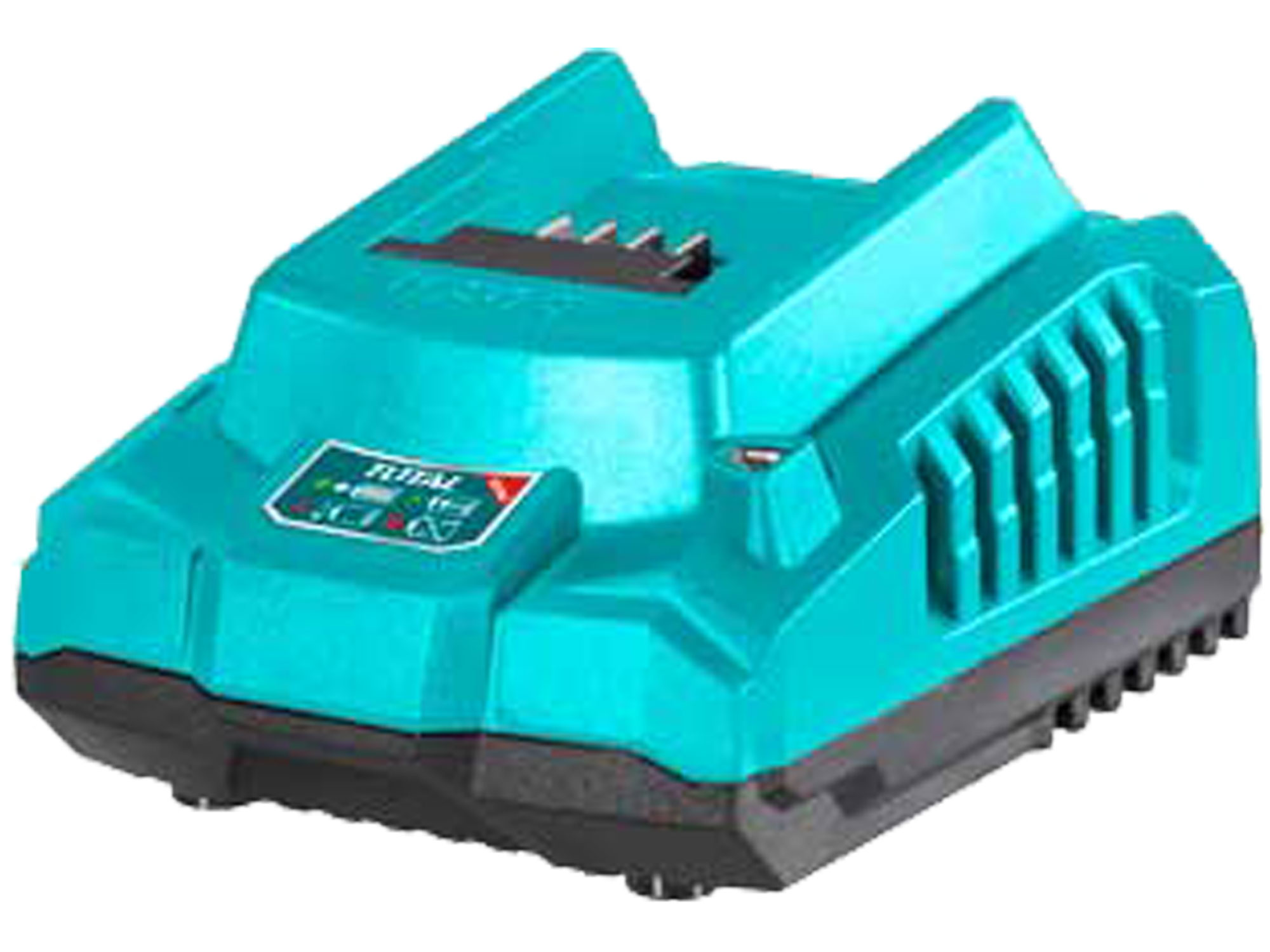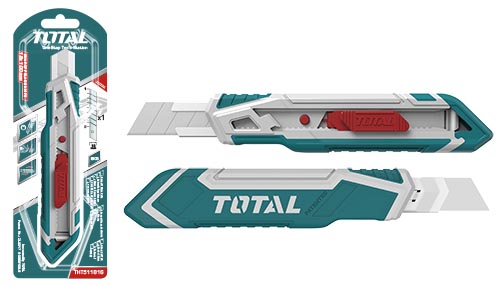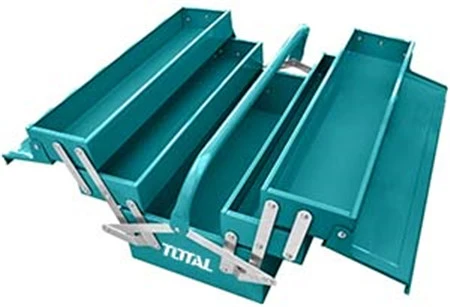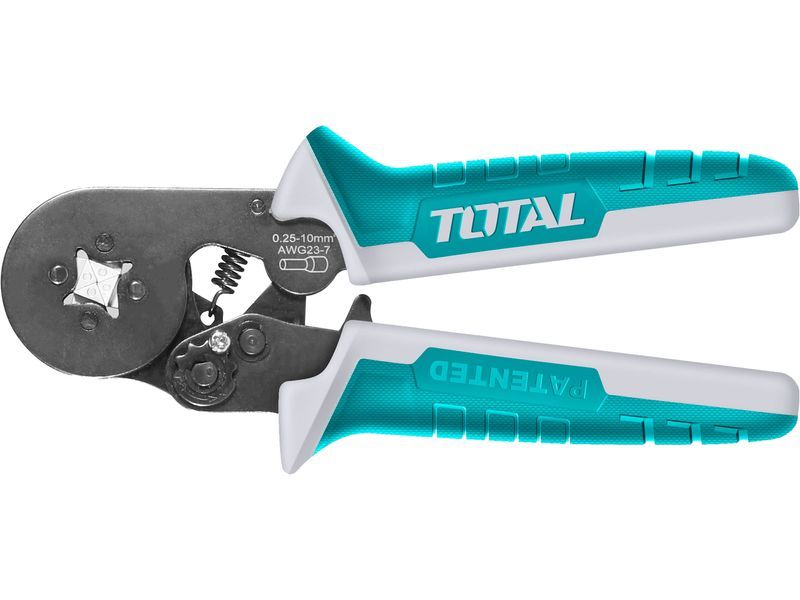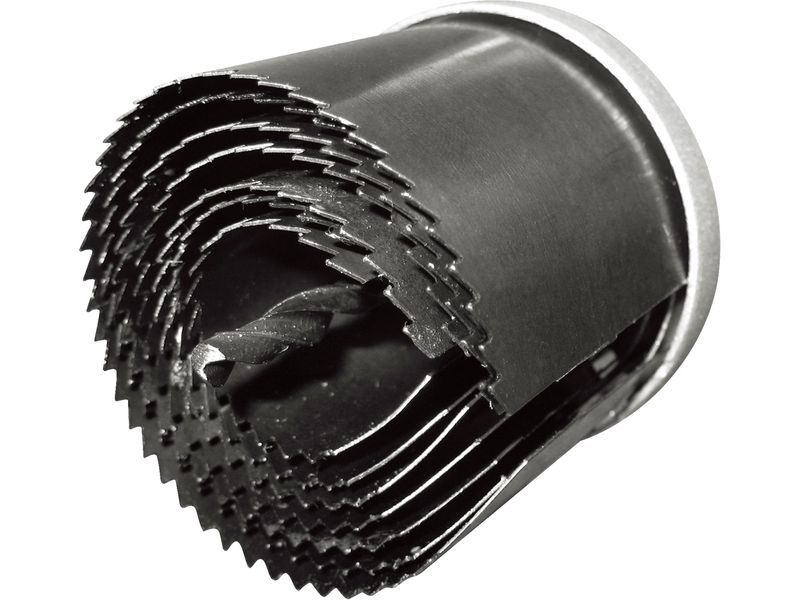Why a metal toolbox is the best choice for craftsmen
As a tradesman, it's important that you always have the best tools to hand. And when it comes to choosing the right toolbox, a metal toolbox is clearly the best choice. Why are you wondering? Well, there are a number of reasons in favour.
Firstly, a metal toolbox offers a robust and durable solution for storing your tools. Unlike plastic toolboxes, which can be easily damaged, a metal toolbox can withstand even the toughest working conditions.
Secondly, a metal toolbox offers better security for your tools. With a solid metal casing and a lockable lid, you can be sure that your valuable tools are protected from theft and damage.
In addition, metal toolboxes are known for their tidiness and organisation. With various compartments and drawers, you can keep your tools easily accessible and avoid tedious searching.
Overall, a metal toolbox is the best choice for craftsmen looking for a durable, safe and well-organised solution for their tools. So, why are you waiting? Invest in a metal toolbox and experience the benefits for yourself.
Advantages of a metal toolbox over other materials
A metal toolbox offers a number of advantages that make it a favourite choice for craftsmen. Compared to toolboxes made of plastic or wood, metal offers superior strength and stability. These properties are particularly important when tools are used in intensive working environments. Not only can metal withstand heavier loads, but it is also more resistant to knocks and scratches, which significantly extends the life of the toolbox.
In addition, metal is generally less susceptible to deformation or cracking, which is common with plastic boxes. Even in extreme temperatures, be it heat or cold, a metal toolbox retains its shape and functionality better. This is particularly advantageous for craftsmen who often have to work in changing climatic conditions. A metal toolbox therefore remains a reliable partner, no matter where the work takes place.
Another advantage is the aesthetic appeal of metal. Many craftsmen appreciate the professional appearance of a robust metal toolbox. It radiates solidity and reliability, which is very important in the trade. This professional appearance can also be an advantage in customer relationships, as it conveys trust and credibility.
Durability and robustness of a metal toolbox
The durability of a metal toolbox is a key factor that sets it apart from other materials. Metal is known for its durability and can withstand extreme conditions, whether in a workshop or on a construction site. A well-constructed metal toolbox is resistant to rust, especially if it has a suitable coating. This is a significant advantage as many tradesmen work in environments where moisture and chemicals are present, which can easily damage plastic boxes.
In addition to weather resistance, a metal toolbox also offers a higher load capacity. Craftsmen can easily transport heavy tools and machinery without having to worry about the box collapsing under the weight. This robustness gives tradesmen the peace of mind that their equipment is well protected, no matter how harsh the working conditions are.
Another aspect of durability is the ease of maintenance of a metal toolbox. Unlike wood, which is prone to splintering and discolouration, metal boxes are easy to clean and maintain. A damp cloth is often enough to remove dirt and dust, saving time and effort. These properties make metal toolboxes a long-term investment that will pay off for years to come.
Safety and protection for tools in a metal toolbox
A major advantage of a metal toolbox is the safety it offers. The solid construction and the use of robust metal ensure that the tools inside are protected from theft and damage. Many models are fitted with lockable locks that provide an additional level of security. This is particularly important for tradesmen who often work in unsafe environments or need to store their tools in different locations.
In addition, metal toolboxes are often equipped with special compartments and holders that prevent tools from slipping or being damaged. This is not only a matter of safety, but also of efficiency. When tools are stored safely and tidily, tradespeople can access what they need more quickly without wasting time searching or tidying up.
Another aspect of safety is protection from the elements. Metal toolboxes are usually designed to be water-repellent, which means that rain or other environmental influences cannot damage the tools stored inside. This not only prolongs the life of the tools, but also ensures that they remain in perfect condition, which is crucial for the quality of the craftsman's work.
Organising and storing tools in a metal toolbox
Organising tools is crucial for every craftsman. A metal tool box offers numerous options for structured storage. With various compartments, drawers and inserts, tools can be organised in such a way that they are easily accessible. This not only helps to save time, but also minimises the risk of accidents caused by searching for the right tool.
A well-organised toolbox allows tradespeople to manage their equipment efficiently and keep track of their tools. Many models also offer the option of integrating special inserts for specific tools so that they stay in place and don't get mixed up. This type of organisation is particularly beneficial for tradespeople who work with a variety of tools and need to ensure that each tool is ready for use at all times.
Not forgetting the flexibility that metal toolboxes offer. They can be easily customised to hold different tools or accessories. This means that tradespeople can customise their toolbox depending on the task or project at hand, increasing efficiency and productivity at work.
Easy transport of a metal toolbox
Another advantage of a metal toolbox is that it is easy to transport. Many models are equipped with sturdy handles and castors to facilitate transport. This is particularly important for tradespeople who often have to commute between different workplaces. A well-designed metal toolbox makes it possible to bring all the tools you need to one place without having to make several trips or needing additional containers.
In addition, most metal toolboxes are designed to be lightweight in relation to their robustness. This means that they are relatively easy to handle despite their strength and sturdiness. Craftsmen can comfortably lift and transport their toolbox without being overly burdened.
The ability to easily transport a toolbox also promotes mobility in the workplace. Tradesmen can quickly move their equipment to where it is needed, greatly improving efficiency and speed of work. This is particularly beneficial in professions where time is a critical factor, such as construction or the repair industry.
Metal toolboxes: an investment for the future
The purchase of a metal toolbox is more than just a purchase; it is an investment in the future. Due to their durability and robustness, these boxes offer tradesmen a long-term solution for storing their tools. While the initial price of a metal toolbox may be higher than a plastic model, the cost is amortised over the years through longer life and lower replacement costs.
A metal toolbox can also help increase efficiency and productivity in the workplace. When tools are well organised and easily accessible, tradespeople can complete their tasks faster and more effectively. This increase in productivity can translate into increased revenue and better customer retention, further justifying the investment in a higher quality toolbox.
In addition, there are many different models and designs of metal toolboxes on the market that are tailored to different needs and budgets. This means that tradesmen have the opportunity to find a toolbox that is not only functional but also meets their individual requirements. This variety makes metal toolboxes a smart choice for any type of handyman.
Metal toolbox vs. plastic toolbox: a comparison
A direct comparison between metal and plastic toolboxes shows that metal offers many advantages that are crucial for craftsmen. While plastic boxes are often lighter and cheaper, they cannot compete in terms of durability and safety. Plastic is susceptible to cracking and deformation, especially at extreme temperatures, which can significantly shorten the service life of the tool.
In addition, metal toolboxes offer better security. They are usually sturdier and heavier, which makes them less susceptible to theft. Many metal boxes are equipped with lockable mechanisms that provide additional protection. In contrast, plastic crates are often less secure and offer no way of securing the contents.
Another important point is environmental compatibility. Metal is a recyclable material, whereas plastic often remains in the environment and is difficult to break down. This could be a decisive factor for environmentally conscious craftsmen when choosing the right toolbox. Ultimately, a metal toolbox offers craftsmen a more sustainable and long-term solution for their needs.
Choosing the right metal toolbox for your needs
Choosing the right metal toolbox can be crucial to a tradesperson's efficiency and organisation. First, craftsmen should analyse their specific needs and requirements. Factors such as the type of tools they use and the scope of their projects play an important role in the decision. A craftsman who mainly works with large machines may need a larger box with more storage space, while a carpenter may prefer a more compact box.
Another important aspect is mobility. Craftsmen who often move between different workstations should choose a toolbox that is easy to transport. Models with castors and sturdy handles are particularly advantageous here. Craftsmen should also pay attention to the number and arrangement of compartments and drawers to ensure that they have enough space for their tools and that they are well organised.
It is also advisable to pay attention to the quality and workmanship of the metal tool box. High-quality materials and a robust design are crucial to ensure that the toolbox can withstand the demands of the craftsman. It is worth comparing different models and, if necessary, asking for reviews or recommendations from other tradespeople to make the best choice.
Care and maintenance of a metal toolbox
The care and maintenance of a metal toolbox is crucial to ensure its longevity and functionality. Regular cleaning and checking for damage are important steps that tradesmen should take. A simple wipe down with a damp cloth can help remove dust and dirt, while specialised metal cleaners should be used to prevent rust and corrosion.
It is also advisable to regularly oil all moving parts, such as hinges and locks, to ensure smooth operation. These small maintenance measures will help to prolong the life of the toolbox and maintain its functionality.
Craftsmen should also ensure that the toolbox is stored in a suitable place to protect it from external influences. A dry, cool place out of direct sunlight can help to protect the materials and prevent premature wear and tear. Good care and maintenance will ensure that the metal toolbox not only lasts a long time, but is also always ready for use whenever it is needed.
Conclusion: Why a metal toolbox is the best choice for craftsmen
To summarise, a metal toolbox offers numerous advantages that make it the best choice for tradespeople. From superior durability and sturdiness to safety and organisability, metal toolboxes meet the high demands that tradesmen place on their equipment. Not only are they a smart investment for the future, they also offer a wide range of options to meet individual needs.
The ability to transport tools safely and efficiently, as well as the ease of care and maintenance, make metal toolboxes a practical solution for any tradesman. Compared to plastic boxes, they perform significantly better in terms of durability and safety.
For tradespeople who value quality, functionality and a long-term solution, a metal toolbox is the ideal choice. With the right selection and care, this toolbox can be a loyal companion for years to come and help to significantly increase efficiency and productivity in the workplace.

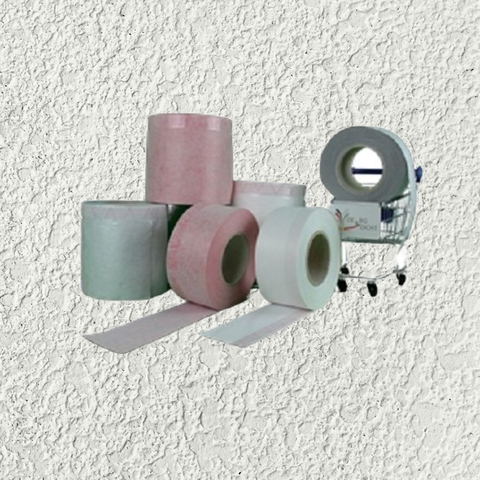
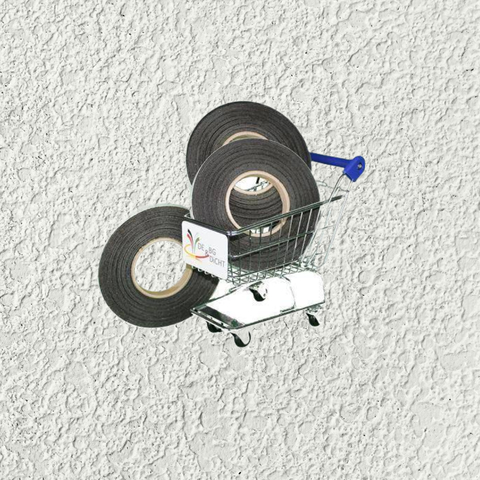

_400x400.webp?ts=1735165250)
